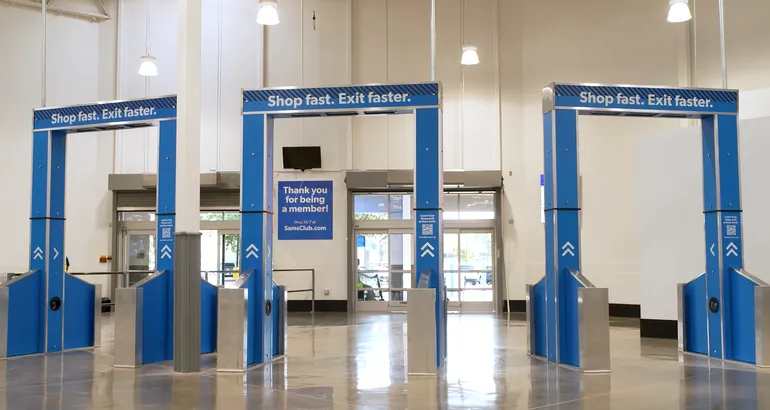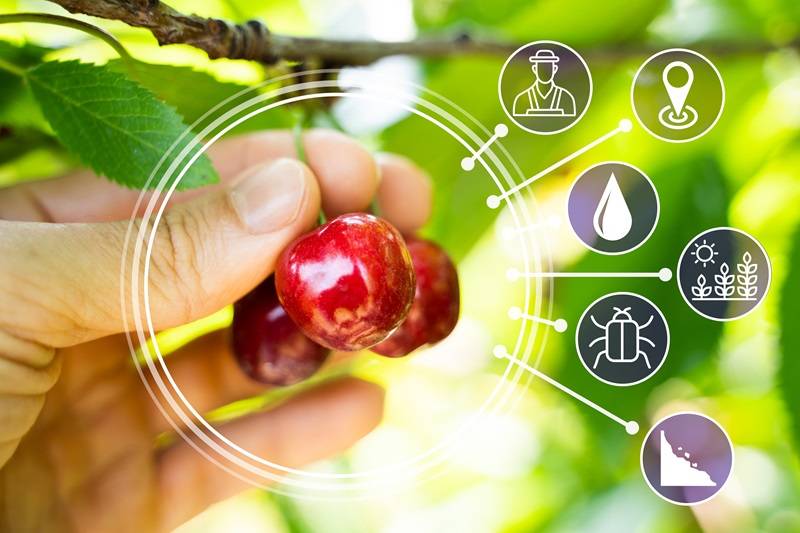In the beginning of the year, Grocery Dive presented its annual trends forecast, which included expert predictions for the grocery industry in 2024. Professionals anticipated a focus on enhancing value retailing, omnichannel strategies, and improving in-store experiences, along with an emphasis on utilizing physical stores for e-commerce fulfillment.
Analysts identified Kroger and Albertsons as key players to watch, especially as they were in the midst of a failed merger attempt. Walmart was also highlighted as a major player in the industry.
As the year progressed, grocers faced increased political and public scrutiny, with concerns ranging from legislators questioning electronic shelf labels to presidential candidates addressing high food costs. The year concluded with a surprising turn of events in the Kroger-Albertsons saga, as Albertsons called off the merger and filed a lawsuit against Kroger after the deal was blocked by two judges.
As the year comes to a close and the Grocery Dive team prepares to release trend predictions for 2025, they have revisited their 2024 prognostications and graded them based on how events unfolded.
One prediction focused on grocers ramping up in-store experiences, which received an A- grade. Throughout the year, grocers experimented with new store formats, innovative in-store features, and unique dining experiences to enhance customer engagement.
Another prediction regarding retailers taking a more sophisticated approach to omnichannel strategies received an A grade. Grocers aggressively pursued omnichannel initiatives, such as implementing electronic shelf labels and enhancing online shopping experiences.
The prediction that e-commerce fulfillment would center on stores received a B+ grade. While grocery e-commerce saw significant growth in 2024, traditional grocers struggled to compete with Walmart in this space. In-store e-commerce fulfillment made some progress, but it was not a primary focus for grocers.
The prediction that retail media would mature in 2024 received a B grade. Retail media gained momentum in the industry, with regional grocers entering the arena and partnering with technology companies. However, challenges related to data privacy and stewardship emerged as grocers explored new advertising opportunities.
The prediction that AI would become a co-pilot for grocers and consumers received a B grade. While grocers increased their use of artificial intelligence, the technology did not yet serve as a significant co-pilot for retailers. AI tools primarily focused on operational improvements and product forecasting.
The prediction that value retailing would remain a priority received an A- grade. Grocers continued to address consumer concerns about high grocery prices through pricing battles, digital promotions, and private label innovations.
Lastly, the prediction that the Kroger-Albertsons merger would be a focal point received an A grade. The merger saga captivated the industry throughout the year, culminating in legal battles and the eventual termination of the deal. Despite the merger falling through, the goals of the merger, such as gaining scale and developing a unified retail media platform, remain relevant in the industry.
Overall, the grocery industry in 2024 experienced significant developments and challenges, shaping the future of retail and customer experiences. As the industry continues to evolve, it will be essential for grocers to adapt to changing consumer trends and technological advancements to remain competitive in the market.




